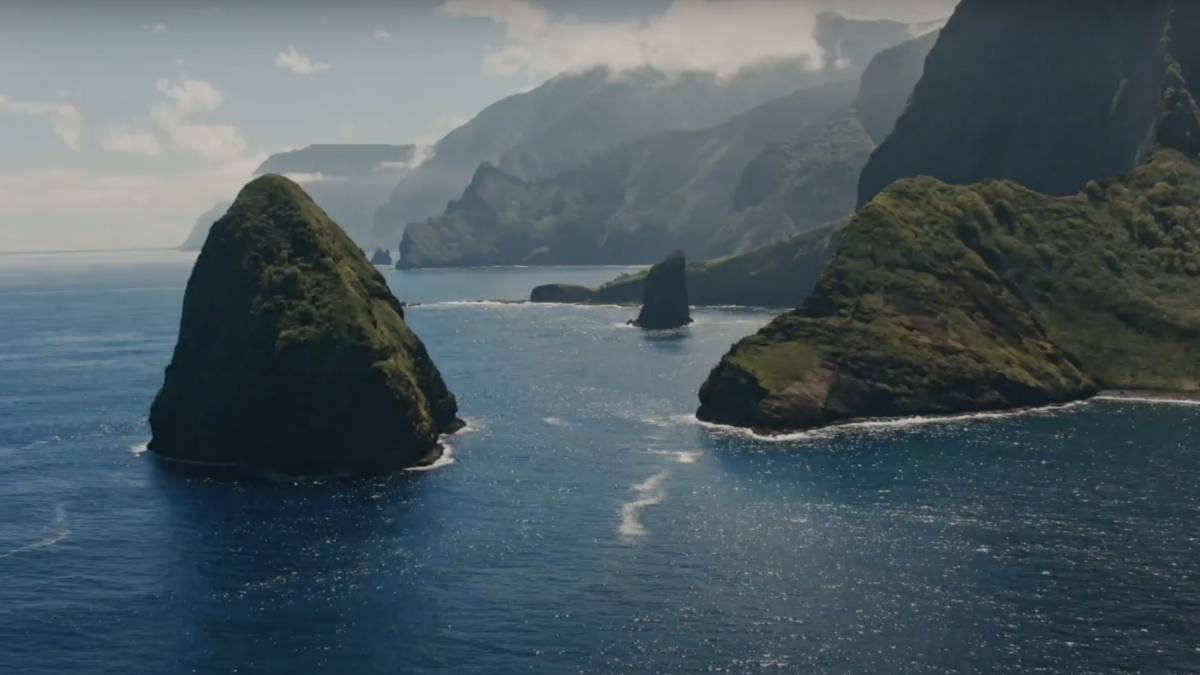The ocean covers 71% of our planet's surface. And one particular underwater ecosystem provides a lifeline for life below water and life on land — coral reefs.
At the United Nations Climate Change Conference (COP26), the UN Secretary-General’s Special Envoy for the Ocean Peter Thomson stressed the urgency of climate action, saying, "There's no more debate about are we heading towards 2.7 or 3 (degrees) or way over. ... What it's about now is, what are we doing about it? What are the solutions?”
Discussions at COP26 highlighted the importance of coral reef management and demonstrated a clear need for more commitment from policy and decision-makers. Arizona State University sustainability experts agree.
“Scaling up reef management is critical for the communities that rely on healthy ocean ecosystems,” said Greg Asner, managing director of the Allen Coral Atlas and director of ASU’s Center for Global Discovery and Conservation Science. “Coral reefs provide coastal communities with food, income from tourism and fishing, protection from waves, and are integral to many coastal traditions and cultures.”
More than 500 million people depend on coral reefs worldwide as a source of food, wave barriers, a core part of coastal traditions and an economic resource. About 25% of marine species are supported by coral reefs. However, climate change and human activity threaten the world’s reefs. Marine heat waves can lead to coral-bleaching events, leaving the coral stressed and more prone to mortality, just one of many symptoms caused by climate change.
To strengthen protection and adapt to a rapidly changing environment, the world is in need of actionable data. The Center for Global Discovery and Conservation Science is meeting this need with the Allen Coral Atlas, a program mapping and monitoring the world’s coral reefs in partnership with Planet, University of Queensland, Coral Reef Alliance, National Geographic Society and Vulcan. Key features on the atlas include worldwide coral-bleaching monitoring, global habitat maps and a marine-protected-area data layer, among other products. The atlas was created to support coral reef conservation efforts and improve the capacity of teams around the world to meet their reef management goals.
COP26 also demonstrated that policymakers must place a bigger emphasis on using nature-based solutions to protect and provide for their populations. Governments are already using the atlas to conduct countrywide analyses, identify region-by-region statistics, guide marine spatial planning efforts, enact countrywide marine action plans, track progress toward sustainability goals and more.
Officials from 14 countries are collaborating with Allen Coral Atlas team members, working on 48 new marine planning projects using the atlas maps as their foundational dataset. And this number is growing.
“The need for data is a concern for all of us," said Andi Rusandi, director of conservation and marine biodiversity for the Ministry of Marine Affairs and Fisheries in Indonesia. "It doesn’t only matter for the Ministry of Marine Affairs and Fisheries. We are all integrated in this effort.”
COP26 illustrated that countries have an opportunity to collaborate and implement necessary steps in fighting climate change. As a global partnership, the Allen Coral Atlas provides motivated governments with a resource to conserve our world’s coral reefs and support the communities that rely on them.
More Science and technology

ASU-led space telescope is ready to fly
The Star Planet Activity Research CubeSat, or SPARCS, a small space telescope that will monitor the flares and sunspot activity…

ASU at the heart of the state's revitalized microelectronics industry
A stronger local economy, more reliable technology, and a future where our computers and devices do the impossible: that’s the…

Breakthrough copper alloy achieves unprecedented high-temperature performance
A team of researchers from Arizona State University, the U.S. Army Research Laboratory, Lehigh University and Louisiana State…


